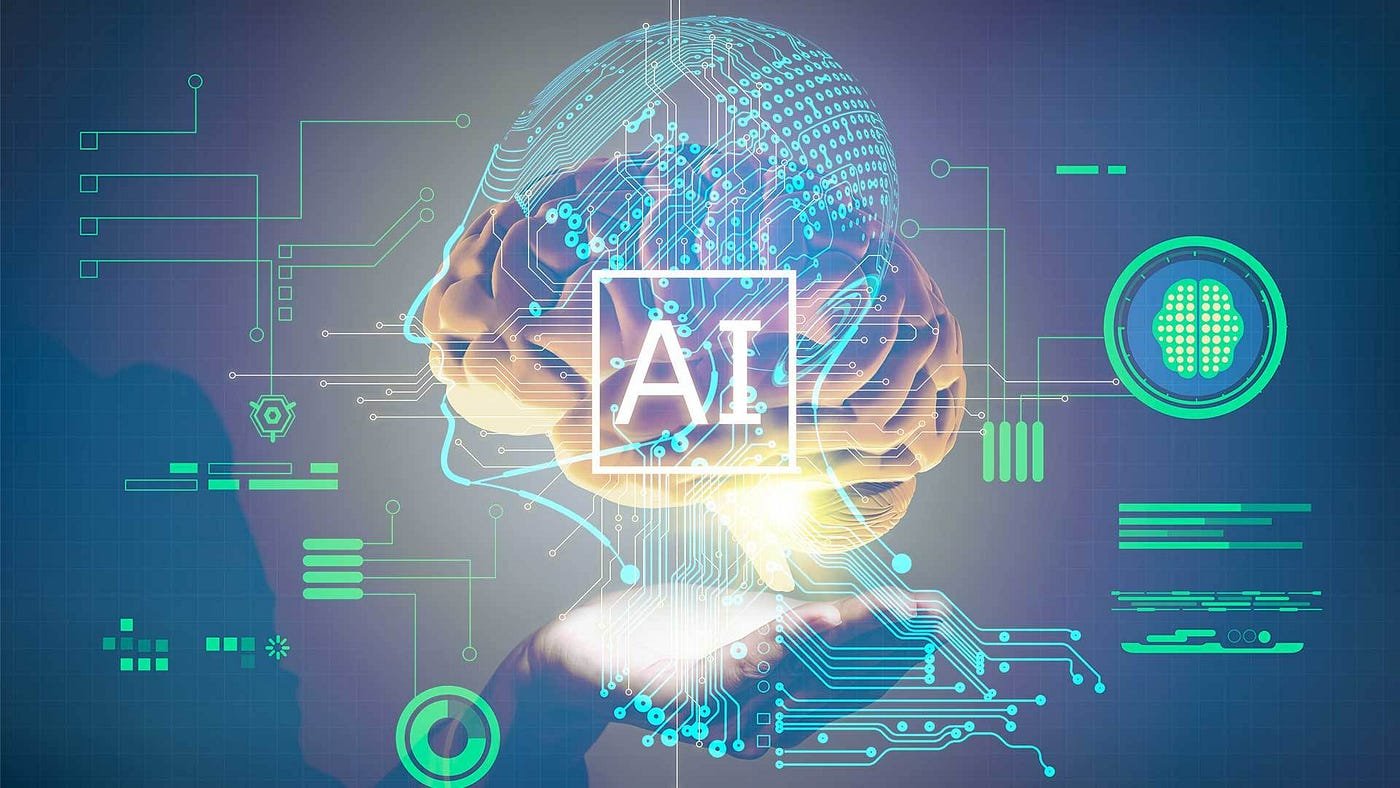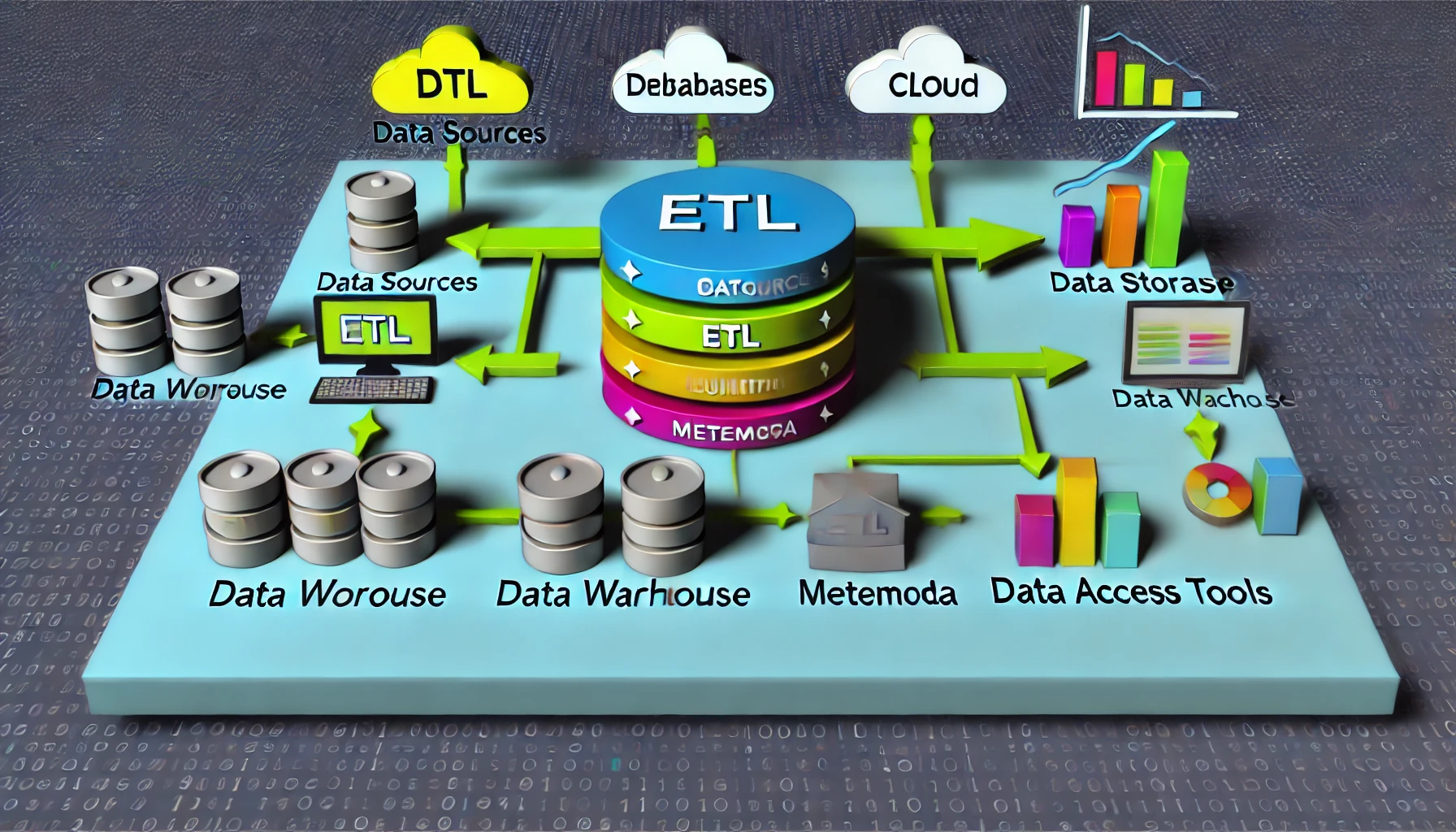In recent years, the advent of artificial intelligence (AI) has revolutionized countless industries, offering both unprecedented convenience and new capabilities. However, the development of AI applications that can digitally remove clothing from images of individuals without their consent has sparked intense ethical, legal, and social controversy. These AI undressing apps, which have surfaced across various platforms, raise significant concerns about privacy violations and the potential for misuse.
What Are AI Undressing Apps?
AI undressing apps are software programs that utilize machine learning algorithms to manipulate images of people, typically by erasing clothing to create the illusion of nudity. These apps have proliferated with the increasing accessibility of deep learning and neural networks, tools that allow for detailed image alteration that is often indistinguishable from genuine photographs.
Who Is Affected?
The primary victims of these technologies are individuals whose images are used without permission, leading to personal and professional harm. The technology disproportionately affects women and can be used as a tool for harassment or cyberbullying.
When Did They Emerge?
While the concept of digital image manipulation is not new, sophisticated AI tools capable of rendering convincing undressed images have only become widespread in the last few years. As AI technology has advanced, so too has the ability to create more realistic—and therefore more damaging—fakes.
Where Are These Apps Available?
These apps have surfaced on various online platforms, from obscure forums to mainstream software markets, often hidden behind seemingly innocuous applications. They are typically distributed through digital downloads, making them accessible worldwide.
Why Are They a Concern?
The existence of such apps is alarming due to the ease with which they can be used to invade privacy and create non-consensual images that can be difficult to trace and remove from circulation. This not only poses a direct threat to individuals’ dignity and safety but also raises broader societal questions about the regulation of AI technologies.
Deep Dive into the Threats
- Privacy Violations: The primary concern with AI undressing apps is their capacity to strip away physical privacy. Images that were never intended to be public can be altered in deeply personal ways, creating a digital violation of privacy.
- Legal Implications: Currently, the legal framework surrounding such technologies is lagging. Not all jurisdictions have laws specifically addressing the non-consensual creation and distribution of digitally altered explicit content, which leads to significant gaps in protection.
- Psychological Impact: For victims, the psychological distress caused by these apps can be profound. The knowledge that images of oneself, albeit altered, are being circulated without consent can lead to anxiety, depression, and other severe mental health issues.
- Misuse Potential: Beyond individual harm, these apps have the potential for blackmail and public shaming. They can be weaponized to damage reputations, suppress free speech, or even influence public opinion during elections through disinformation campaigns.
- Societal Effects: On a larger scale, the normalization of such technologies could erode societal norms around privacy and consent, leading to broader cultural shifts that devalue individual rights.
Ethical Considerations and Future Directions
The development and use of AI undressing apps sit at a complex intersection of technology innovation and ethical responsibility. There is an urgent need for tech developers, lawmakers, and the public to engage in robust discussions about the boundaries of AI use. Possible solutions include:
- Stricter Regulations: Implementing comprehensive laws that specifically address the creation and distribution of AI-generated non-consensual images.
- Technological Safeguards: Developing AI systems that can detect and block the distribution of such content.
- Public Awareness: Enhancing awareness about the existence of these apps and their potential harm to discourage their use.
As AI technology continues to evolve, it is imperative that ethical considerations keep pace with technological developments. AI undressing apps represent a clear misuse of powerful tools, highlighting the darker implications of AI advancements. By taking proactive steps to address these issues, society can help ensure that AI serves to enhance human dignity and security, rather than diminish it.






























